Patrick Belizaire was born in the Central Plateau area of Thomonde. He came to the United States at the age of 10. He lived in Boston and in Washington, DC for many years; and then he discovered his real life purpose.
Katia: I read a New York Times article about you returning to Haiti after years of living in the States. Why did you make the 180?
Patrick: I’d been searching for my life purpose. After going through a very personal experience in 2007, I asked God for direction. I bought a plane ticket and returned home. About a year after I arrived, there were major food riots; prices had gone up. I knew then it was time to do my part. I come from a long line of farmers: My father, my grandfather, and his father before him were farmers. It was farming that sent my mother to school. Farming sent my uncle to engineering school. Farming helped each generation in my family do better than the one before it. All of that coupled with what God had in store for me pushed me toward working with farmers in Haiti today. I’m very happy to have found my purpose in life.
Katia: What do you say to people who return to Haiti to work, but soon become so disenchanted that they leave?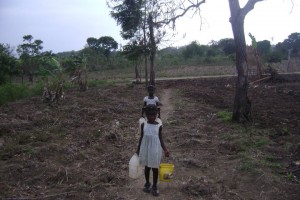
Patrick: That has to do with expectations and some half-masked intentions. Haiti is not an easy place to work. You can’t show up with the attitude like you’re a big shot; like you’ve got more education, more money, etc. That doesn’t work. Respect works. Staying open is crucial—even when faced with mountains of difficulties. You’ve got to be ready to face whatever comes. As long as your work is not self-serving, don’t give up. I face a lot of adversity, but I’m doing God’s work. I am protected by Him every step of the way. I don’t get discouraged. You must not get discouraged when it comes to Haiti.
Katia: People talk about the resilience of the Haitian people. Do you consider yourself resilient? What are your thoughts about that?
Patrick: Haitian people are extremely resilient, and sometimes that’s to our detriment. We put up with a lot. We survive no matter how bad things are. When foreigners come to Haiti, they wonder how we deal with the fact that there are no social services, no government support, no electricity, no running water. In the States, we expect a certain level of commitment from our elected officials. We expect streets to be cleaned, trash to be picked up, potholes to be filled, and roads to be paved. In Haiti, however, that’s not the case. Still, we survive. Resilience is part of our culture. Haitians, no matter how poor or rich, have a very strong sense of self and history. It’s never been lost on us that we won our independence in 1804–long before anyone else even thought about it.
Katia: We went from being independent to a seriously dependent country. What do you think about those who say that if Haitians could just get past that 1804 thing, we might make some real progress?

Patrick There are obviously a lot of exterior factors that play into the country’s dependence. For starters, Haiti had to pay a high price for its freedom—for rebelling. For generations afterwards, the ones in power continued to put their personal interest before the interest of the people. The corruption among leaders destroyed a lot of the country. I don’t like to focus on conspiracy theories, but anyone who is familiar with Haitian history will tell you there have been those who would prefer to see Haiti fail. But that still doesn’t excuse the fact that we have to take responsibly for our house. I believe this new phase in Haitian history will be different. It will be written that Haiti prospered. I think our people will realize that demanding more of our government doesn’t have to mean burning the country down until there’s nothing left.
Katia: What role do you think farmers should play in the reconstruction? How important are they to Haiti’s next great moment in history?
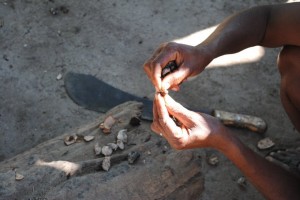 Patrick: The role of the farmer in reconstruction is integral. I remember a time when Haiti was able to feed itself. We’re a long way from that now, but I believe it can happen again. Unless we support our farmers, Haiti will not pull itself out of poverty. Over the years cheap imports have put them out of business. They just cannot compete. A lot of land is now left unfarmed. I believe the day will come when farmers will be able to send their kids to school again. They’ll be able to feed their own households again.
Patrick: The role of the farmer in reconstruction is integral. I remember a time when Haiti was able to feed itself. We’re a long way from that now, but I believe it can happen again. Unless we support our farmers, Haiti will not pull itself out of poverty. Over the years cheap imports have put them out of business. They just cannot compete. A lot of land is now left unfarmed. I believe the day will come when farmers will be able to send their kids to school again. They’ll be able to feed their own households again.
Katia: Any word of wisdom for people going to Haiti today who want to do their part to help?
Patrick: If you know of existing groups that offer the type of service you would like to, it might be a good idea to start with them. And definitely look at the glass as half full, not half empty. You can’t get discouraged. Haiti’s glass if half-full, not the other way around. I can’t say that enough.
Katia: I love your optimism. I am happy you found your purpose. I can’t wait to bring my family to Thomonde. It’s such a beautiful place!
Patrick Belizaire: The whole country is a special and beautiful place. Anyone who knows Haiti will tell you just that.
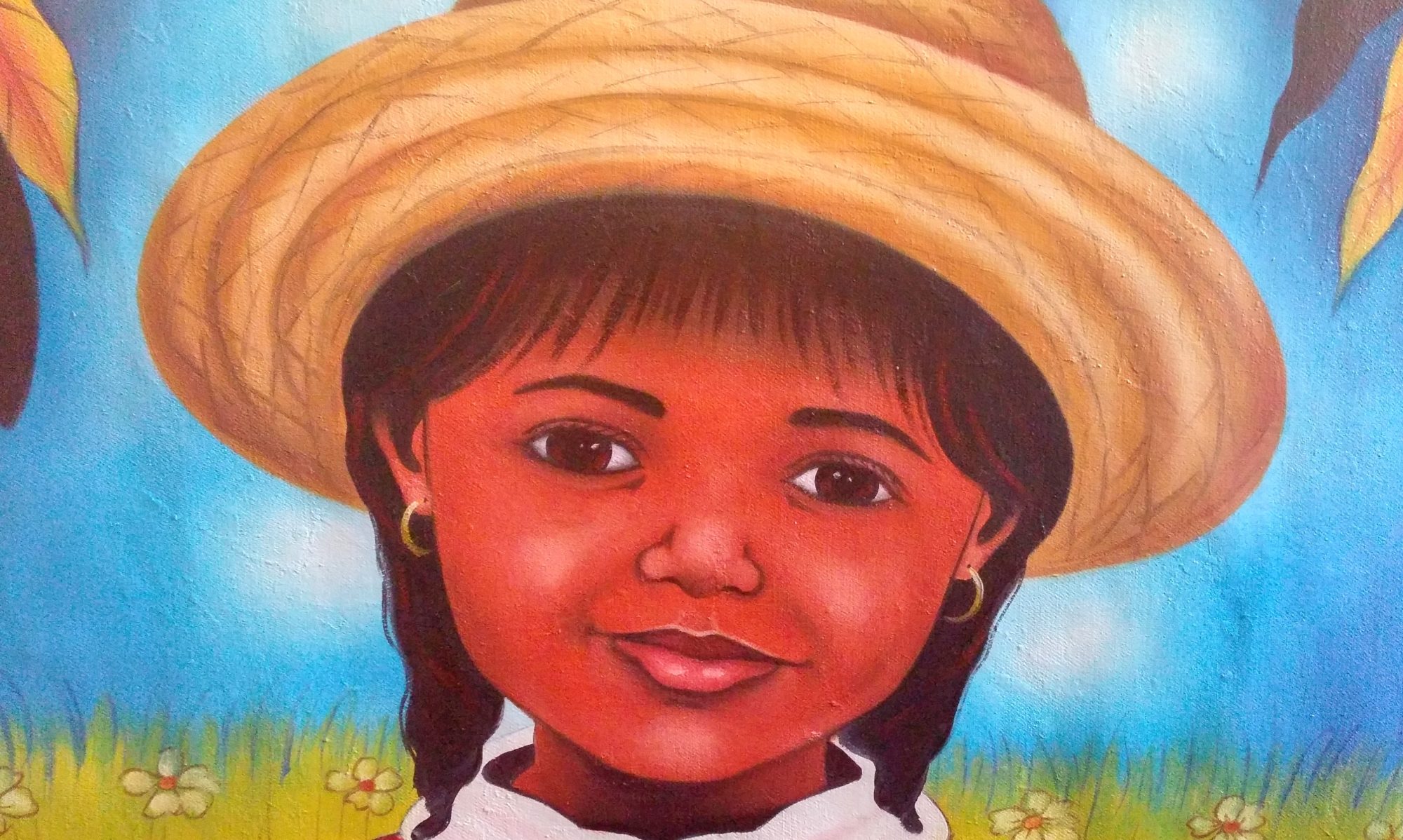

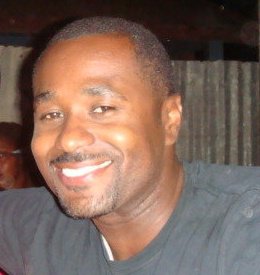
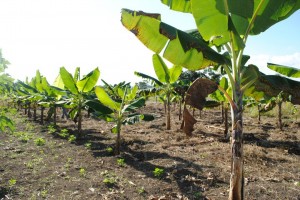
Famille